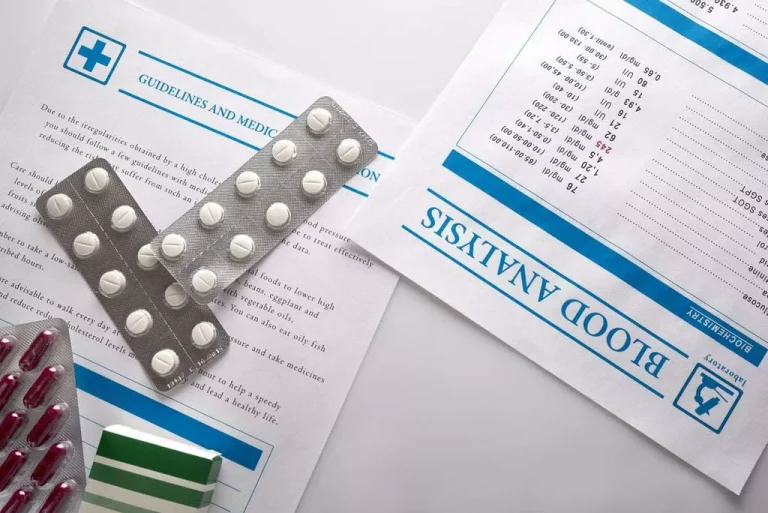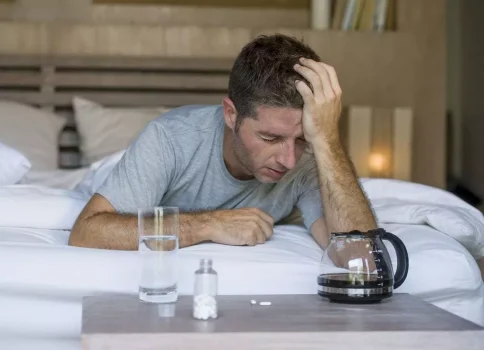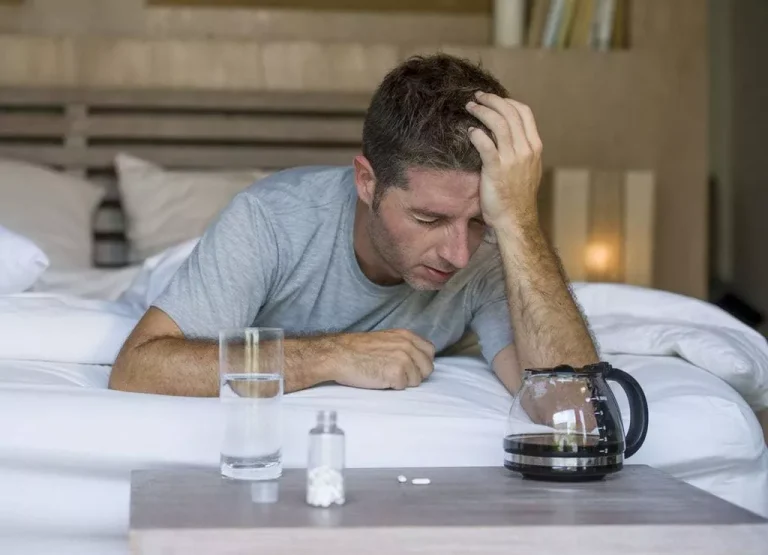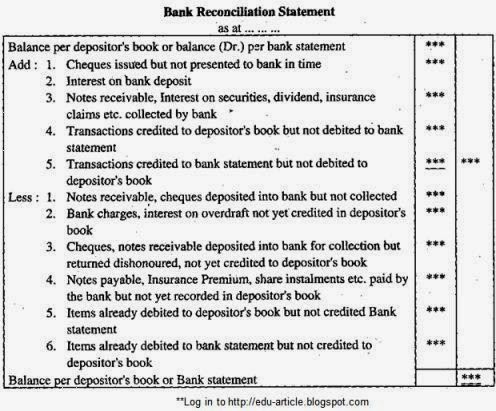Alcohol Withdrawal: Symptoms, Treatment & Timeline
Friday, April 16th, 2021
The proportions of patients entering rehabilitation after inpatient or outpatient detoxification were 64 and 59 percent, respectively. At the six-month follow-up, no differences were found between groups, and there also were no differences in the use of subsequent alcoholism-treatment services. The authors concluded that outpatient detoxification for patients with mild to moderate symptoms is effective, safe, and less expensive than inpatient detoxification. People who chronically consume large amounts of alcohol are more likely to develop post-acute withdrawal syndrome (PAWS), says Crystal Avery, a licensed substance abuse clinician in New Hampshire. PAWS typically presents days after an individual stops drinking rather than immediately after alcohol use, and symptoms are usually psychological and mood-related, often persisting after acute withdrawal symptoms have resolved. In general, the course of alcohol withdrawal is highly variable and somewhat unpredictable.
- It can make your family and friends feel as if you are choosing an addiction over them and cause you to act in ways that are destructive to relationships.
- This information provides a general overview and may not apply to everyone.
- By your third week of abstinence, your blood pressure levels will become more healthy, potentially allowing you to discuss with your doctor the possibility of decreasing or even stopping blood pressure medications.
- Therapy and support groups can help you cope with the mental and physical stress of PAWS.
Support Groups
For those trying to detox from alcohol, it is vital to do so under the supervision of a doctor, as the withdrawal symptoms may be severe. The continued use of alcohol causes changes in the central nervous system and neurotransmitter production in the brain. When the supply of alcohol is suddenly stopped or decreased, withdrawal symptoms can develop. If your doctor thinks you might be going through alcohol withdrawal, they’ll ask you questions about your drinking history and how recently you stopped. They’ll want to know if you’ve ever gone through withdrawal before.
2. Additional markers to detect AUD
- Your medication options depend on the substance you used, your symptoms, and your medical history.
- Stress can be a trigger for people with PAWS, and some research suggests that PAWS can lead to increased sensitivity to stress.
- Avery adds that people who recently introduced alcohol into their lives but are drinking “steadily” are also at risk.
- For mild alcohol withdrawal that’s not at risk of worsening, your provider may prescribe carbamazepine or gabapentin to help with symptoms.
- Eating nutritious food, exercising, and getting enough sleep can help reduce some withdrawal symptoms, such as mood swings.
- Following alcohol cessation, alcohol withdrawal syndrome typically presents as minor symptoms such as mild anxiety, headache, gastrointestinal discomfort, and insomnia.
In addition, vitamin supplements may be given to replace essential vitamins that are depleted by alcohol use. Once withdrawal is complete, additional medications and supplements may be needed to address complications and nutritional deficiencies that occur because of chronic alcohol use. The first goal of treatment is to keep you comfortable by managing your symptoms. Your doctor’s treatment goal is helping you stop drinking as quickly and safely as possible. If you drink daily, your body becomes dependent on alcohol over time. When this happens, your central nervous system can no longer adapt easily to the lack of alcohol.
What Is Alcohol Withdrawal? Signs, Symptoms And Treatments
Drastic changes in blood pressure and heart rate can also develop, which may lead to a stroke or heart attack. If you decide to get treatment, your doctor can recommend the type of care that you https://ecosoberhouse.com/ need. When the alcohol level suddenly drops, your brain stays in this keyed up state. Benzodiazepines carry a Food and Drug Administration boxed warning because there is a risk of dependence.

Alcohol withdrawal symptoms

Most people with mild to moderate alcohol alcohol withdrawal syndrome symptoms withdrawal don’t need treatment in a hospital. But severe or complicated alcohol withdrawal can result in lengthy hospital stays and even time in the intensive care unit (ICU). Severe and complicated alcohol withdrawal requires treatment in a hospital — sometimes in the ICU. While receiving treatment, healthcare providers will want to monitor you continuously to make sure you don’t develop life-threatening complications. The CDC defines it as more than 15 drinks per week for people assigned male at birth and more than 8 drinks per week for people assigned female at birth. With long-term heavy alcohol intake, your brain adapts to the effects of booze over time.

This is especially important in elderly patients and those with hepatic dysfunction. Symptoms of alcohol withdrawal can occur anywhere from six hours to three days after a person’s last drink, and more persistent symptoms tend to resolve themselves within weeks. Common signs a person is experiencing alcohol withdrawal include shakiness, sweating, loss of appetite and feelings of agitation, restlessness and irritability.



